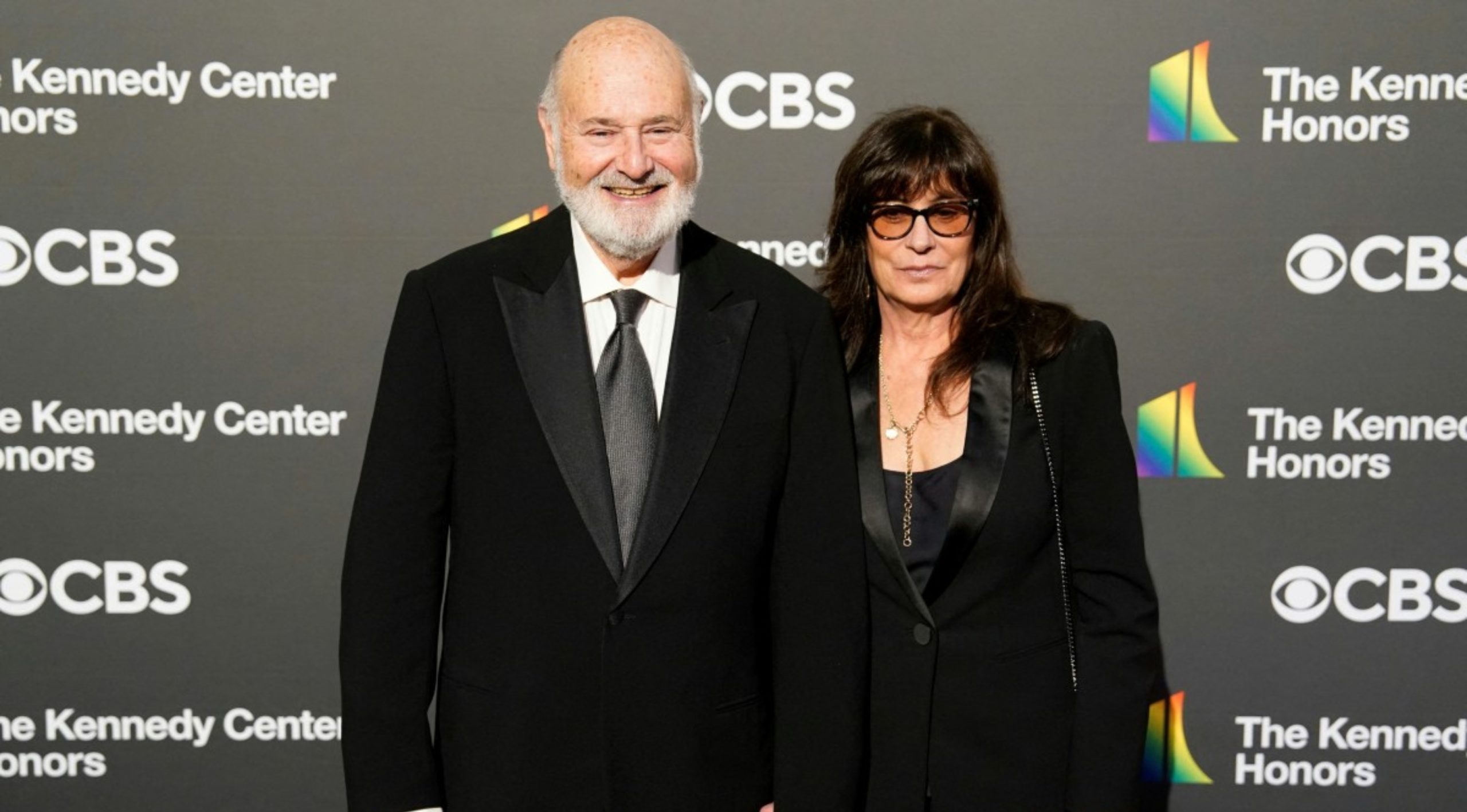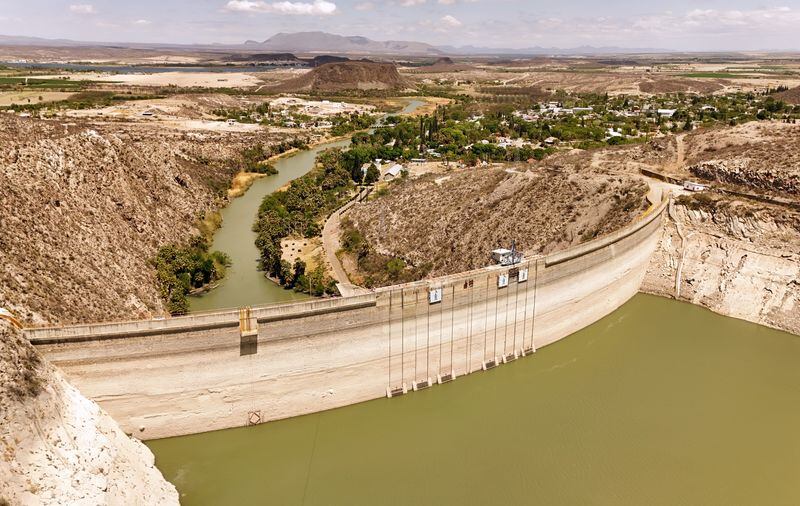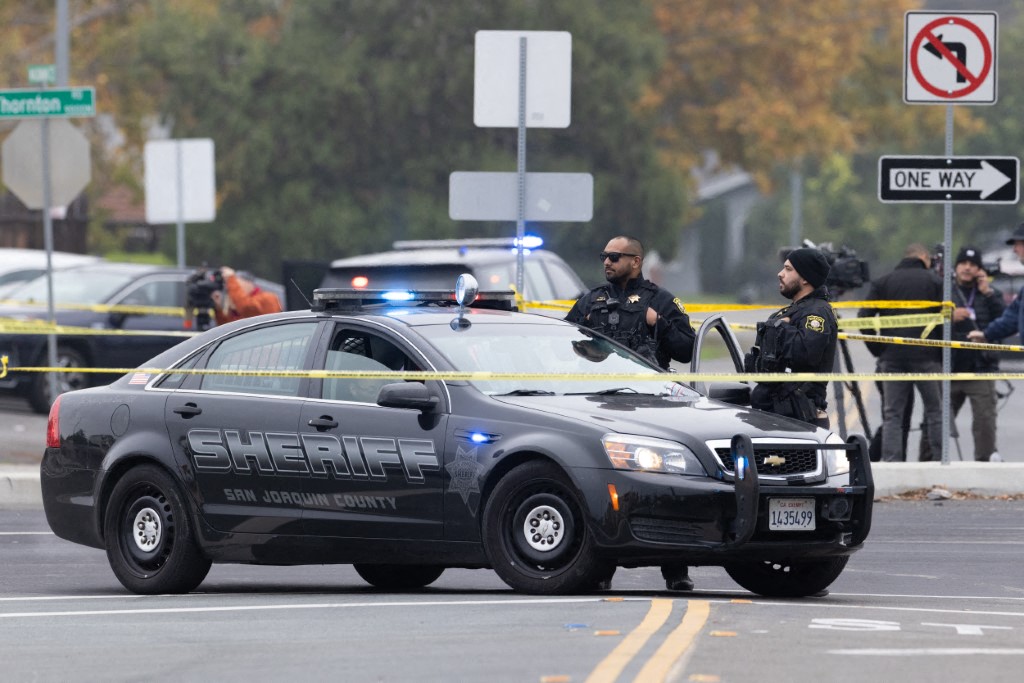International
Keys to the political crisis in Germany: What will happen after the breakup of the coalition government?

The breakup of the coalition government in Germany opens the way to early elections once the head of government, the social democrat Olaf Scholz, does not overcome the motion of confidence scheduled for January 15, as expected.
These are the keys to the path established and detailed in the German Basic Law towards early elections, which will probably take place in the spring if the date of the motion of confidence is not advanced, as the opposition has already demanded.
– In accordance with article 68 of the Basic Law, the chancellor, as announced on Wednesday, will request a vote of confidence in the Bundestag on January 15, with the expectation that the Lower House will not give it to him and thus early elections will be called that the social democrat Scholz hopes will be favorable to him.
– The chancellor may then ask the president, Frank-Walter Steinmeier, to dissolve the Bundestag and will have a maximum period of 21 days to do so.
Once Parliament is dissolved, new elections must be held within a maximum period of 60 days. In this case at the end of March or beginning of April.
A government in office
– After the dissolution of the Bundestag, the chancellor and his ministers will continue to hold their respective positions in office.
The three portfolios occupied by the Liberals that are empty after the dismissal of the Minister of Finance, Christian Lindner, and the departure by his own decision of those of Justice, Marco Buschmann, and Education, Bettina Stark-Watzinger, could be assumed by other ministers, although the chancellor can propose different successors.
The fourth portfolio occupied by the liberals, that of Transport and Digital Affairs, will continue at the personal request of Scholz in the hands of Wolfgang Wissing, who announced that he is leaving his party so that his decision does not involve a burden.
– However, with the dissolution of the Bundestag and the call for new elections, political activity will be paralyzed, since the parties will immediately switch to campaign mode. This could be relevant to the 2025 federal budget if it is not approved, which is most likely.
Then the so-called provisional budgetary management would come into force and only from January it will be possible to incur expenses for which there is a legal obligation.
The vote of confidence
– In the history of the Federal Republic, only four chancellors submitted to a vote of confidence, although only two of them sought, as the Basic Law intends with this option, to obtain the vote of confidence, while three others pursued precisely the opposite: not achieving a majority.
In 1982, Social Democratic Chancellor Helmut Schmidt submitted to a vote of confidence to calm a coalition crisis, although that same year he lost a motion of censure. In 2001, Social Democratic Chancellor Gerhard Schröder used the vote of confidence to secure the approval of the controversial deployment of the Bundeswehr – the armed forces – in Afghanistan.
On three occasions, however, the vote of confidence was a maneuver to pave the way for early elections: in 1972, by Social Democratic Chancellor Willi Brandt; in 1982 by Conservative Chancellor Helmut Kohl; and in 2005 by Schröder.
The first two managed to strengthen their coalitions with this maneuver, but in the case of Schröder, his party lost the elections in favor of the conservatives, who took over the government with Angela Merkel.
International
Police investigate deaths of Rob Reiner and wife as apparent homicide

The Los Angeles Police Department (LAPD) is investigating the deaths of Hollywood actor and filmmaker Rob Reinerand his wife as an “apparent homicide,” amid a wave of tributes to the director of classics such as When Harry Met Sally.
According to U.S. media reports on Sunday, Rob Reiner and Michele Singer Reiner were found dead at their Los Angeles mansion with what appeared to be stab wounds.
Several political figures shared messages of condolence following the reported deaths of the director of A Few Good Menand his wife.
While the LAPD did not officially confirm the identities of the victims, it stated that homicide detectives were dispatched to the Reiner residence.
“At this time, no additional details are available and the investigation into an apparent homicide is ongoing,” the Los Angeles Police Department said in a statement posted on social media.
LAPD Deputy Chief Alan Hamilton told reporters that no arrests have been made and that no individuals are currently being questioned as suspects.
“I’m not going to confirm whether anyone is being questioned at this moment or not. We are going to try to speak with as many family members as we can,” Hamilton said.
CNN reported that a family spokesperson confirmed the deaths of Reiner and his wife.
California Governor Gavin Newsom, former U.S. President Barack Obama, and former Vice President Kamala Harrisissued statements expressing their condolences.
International
U.S. and Mexico Reach Deal to Address Water Deficit Under 1944 Treaty

The United States and Mexico have reached an agreement to comply with current water obligations affecting U.S. farmers and ranchers and for Mexico to cover its water deficit to Texas under the 1944 Water Treaty, the U.S. Department of Agriculture said in a statement.
The department уточified that the agreement applies to both the current cycle and the water deficit from the previous cycle.
On Monday, U.S. President Donald Trump accused Mexico of failing to comply with the water-sharing treaty between the two countries, which requires the United States to deliver 1.85 billion cubic meters of water from the Colorado River, while Mexico must supply 432 million cubic meters from the Rio Grande.
Mexico is behind on its commitments. According to Washington, the country has accumulated a deficit of more than one billion cubic meters of water over the past five years.
“This violation is severely harming our beautiful crops and our livestock in Texas,” Trump wrote on Monday.
The Department of Agriculture said on Friday that Mexico had agreed to supply 250 million cubic meters of water starting next week and to work toward closing the shortfall.
Agriculture Secretary Brooke Rollins, quoted in the statement, said Mexico delivered more water in a single year than it had over the previous four years combined.
Trump has said that if Mexico continues to fall short of its obligations, the United States reserves the right to impose 5% tariffs on imported Mexican products.
Mexico’s Deputy Foreign Minister for North America, Roberto Velasco, said that a severe drought in 2022 and 2023prevented the country from meeting its commitments.
International
Several people shot in attack on Brown University campus

Several people were shot on Saturday in an attack on the campus of Brown University, in the northeastern United States, local police reported.
“Shelter in place and avoid the area until further notice,” the Providence Police Department urged in a post on X. Brown University is located in Providence, the capital of the state of Rhode Island.
U.S. President Donald Trump said on his social media platform Truth Social that he had been briefed on the situation and that the FBI was on the scene.
At 5:52 p.m. local time (11:52 p.m. GMT), Brown University said the situation was still “ongoing” and instructed students to remain sheltered until further notice.
After initially stating that the suspect had been taken into custody, Trump later posted a second message clarifying that local police had walked back that information. “The suspect has NOT been apprehended,” the U.S. president said.
-

 International4 days ago
International4 days agoWashington declares State of Emergency as atmospheric river brings severe flooding
-

 International4 days ago
International4 days agoU.S. to require five-year social media history from tourists under Visa Waiver Program
-

 International3 days ago
International3 days agoCuba battles out-of-control dengue and chikungunya epidemic as death toll rises to 44
-

 Central America3 days ago
Central America3 days agoHonduras election crisis deepens as CNE president denounces intimidation attempts
-

 Central America4 days ago
Central America4 days agoOAS and EU urge honduran political actors to respect vote results and avoid unrest
-

 International3 days ago
International3 days agoColombia says it would not reject Maduro asylum request as regional tensions escalate
-

 International2 days ago
International2 days agoSeveral people shot in attack on Brown University campus
-

 International3 days ago
International3 days agoEcuador on track for record violence as homicides hit highest level in Latin America again
-

 International4 days ago
International4 days agoSix ecuadorian soldiers jailed pending trial for alleged extrajudicial execution
-

 International2 days ago
International2 days agoU.S. and Mexico Reach Deal to Address Water Deficit Under 1944 Treaty
-

 Central America12 hours ago
Central America12 hours agoPanama seizes over three tons of drugs hidden in Caribbean port container
-

 International11 minutes ago
International11 minutes agoPolice investigate deaths of Rob Reiner and wife as apparent homicide
-

 Central America13 minutes ago
Central America13 minutes agoOAS urges swift recount in Honduras as election results remain uncertain


























